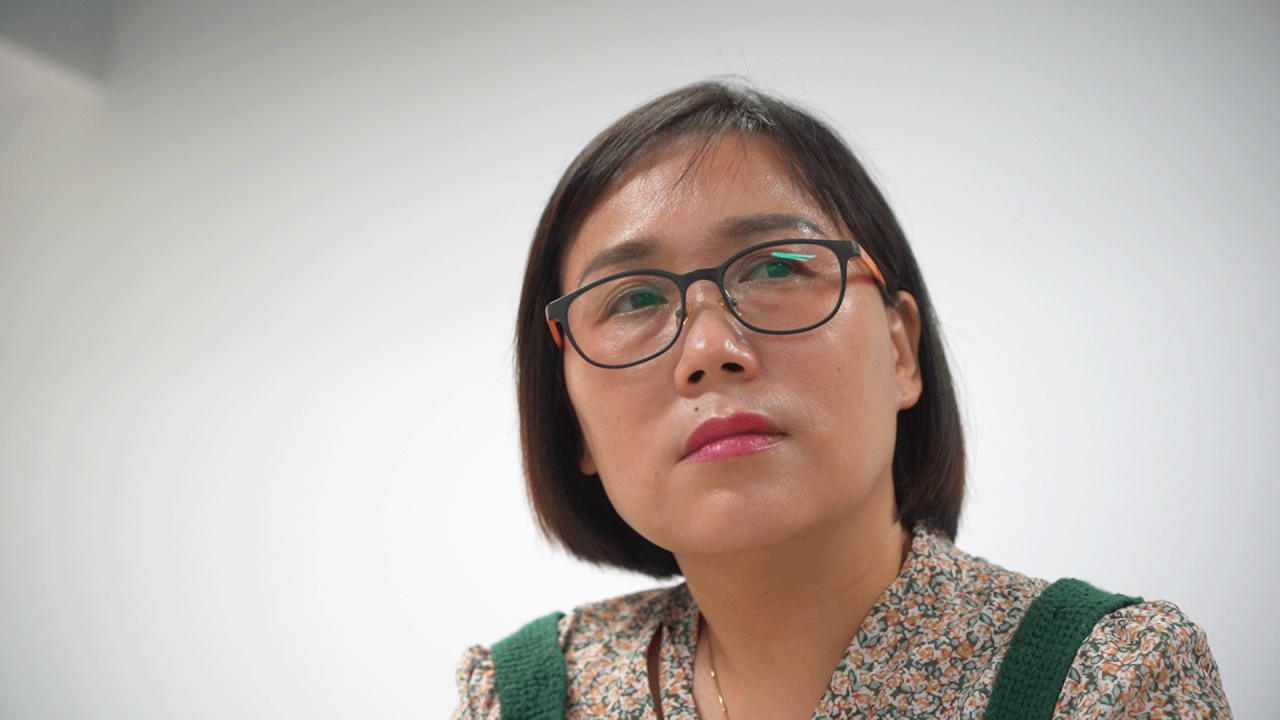
China’s zero-Covid policy under growing strain as cases continue to spread across country
- The city of Guangzhou is the worst hit by the growing wave of cases across the country, with more than 2,000 cases on Wednesday
- Although the caseload is small by international standards, doubts are growing about whether the current approach can stop Omicron variants from spreading
On Wednesday, China reported 8,176 local infections, up from 7,475 a day earlier. Although this is a small case count compared with the rest of the world, it marks a sharp rise since the end of last month when about 1,000 daily cases were reported.
Authorities have been trying to quell the outbreak for weeks but daily numbers have spiked from double digits late last month to more than 1,000 over the weekend and then to 2,637 new infections on Wednesday.
New cases in Beijing also jumped to the highest level in more than five months, with 32 local cases and 48 asymptomatic ones, with many new cases found by community testing in the past few days.
Elsewhere in the country, the number of cases reported ranged from single figures to a few hundred, despite increasingly stringent controls and prolonged lockdowns.
The situation shows the strain the zero-Covid policy is under, with even harsh lockdowns and constant testing failing to quell the outbreaks at an early stage.
This phenomenon reflects the increased transmissibility of the latest Omicron subvariants as well as the difficulty of keeping infections out of the community using travel controls, said professor Benjamin Cowling, head of the epidemiology and biostatistics division at the University of Hong Kong.
“The more important question is whether the enormous economic cost and social impact of prolonged citywide shutdowns would be justified,” he said.
Yanzhong Huang, senior fellow for global health at the Council on Foreign Relations, a New York-based think tank, said that compared with a few months ago, when outbreaks tended to happen in isolation, cases are now spreading across the country.
“Numbers are still small on average, especially compared with the US, but when compared with the goal of the zero-Covid policy, it’s increasingly difficult and unrealistic to achieve,” he said.
Huang said it is possible that there have been many unreported cases, as mass testing is not completely reliable, and there could be many asymptomatic cases who are not visiting hospitals or getting tested.
He said the decision on when and how to abandon zero-Covid was ultimately a political one and the signals from official channels have been contradictory – with some expressing concern about long Covid and others saying Omicron symptoms are light – which perhaps suggests the authorities have yet to make up their minds.
“If the outbreaks had completely spread out across the country, they would be forced to give up the policy,” Huang said.
“But currently, the infections are not too high, but they are not completely wiped out either. This makes prediction extremely difficult.”
Public discontent over the policy has been growing. Last week, even some popular nationalist bloggers, such as Zhou Xiaoping, who had previously praised for zero-Covid, began to publicly criticise the policy, saying strict controls had led many not being able to return home.

Susan Wang, a Beijing resident, said she clearly felt the policy tightening. Her son’s kindergarten now requires all children to be tested three times a week, with parents having to take their children to get tested at the weekend to ensure they have a negative result for Monday.
She said it was also becoming increasingly difficult to get in and out of the capital, with different cities and districts operating conflicting policies.
Many who have travelled outside the city have found themselves banned from returning and no amount of testing or quarantine seems to resolve the problem.
“As a result, people have just given up on moving around,” she said.
Across the country, complaints about the difficulties and even deaths caused by the policy have been rising throughout the third year of the pandemic.

.jpg?itok=H5_PTCSf&v=1700020945)

